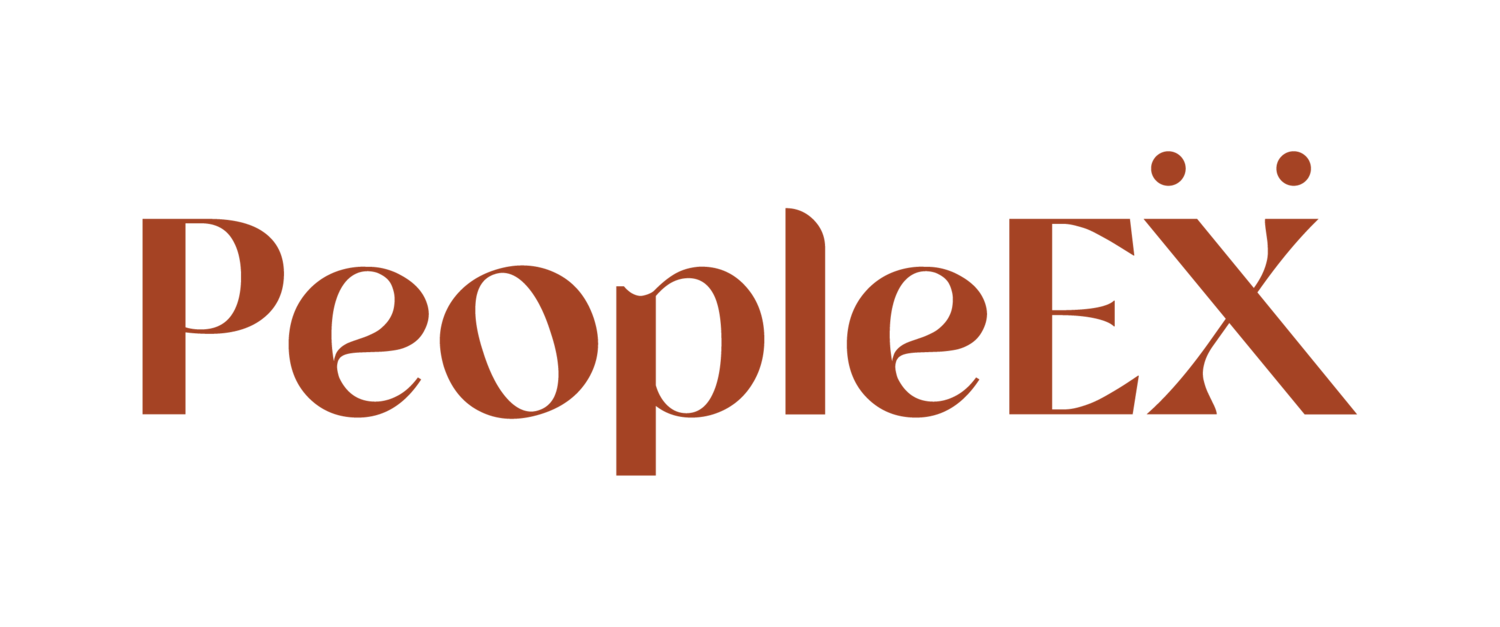Reframing Change from 'Fatigue' to 'Adaption'
The Greek philosopher Heraclitus is credited with the idea that change is the only constant in life. He said, 'Everything changes and nothing remains still; and you cannot step twice into the same stream'.
Over the past few years, there have been many changes that businesses have had to contend with – a pandemic, natural disasters, AI, and a looming recession, to name a few.
But throughout all the transitions and pivots, there has been one constant – our human ability to adapt.
In this month's blog, we challenge readers to move from the sentiment of 'change fatigue' to one of 'adaption'.
First, what is change fatigue?
Change fatigue is feeling apathetic towards or overwhelmed by change. It can happen in the workplace when change is frequent or happens too fast and therefore begins to take a physical and emotional toll on an organisation's people.
Change fatigue is easy to spot in the workplace. You'll see:
Growing indifference
Employees are burnt out and tired
People are agitated and push back on change
There are frequent and loud complaints about changes
Therefore, change fatigue naturally leads to lower morale, productivity, and retention. All the things we want to avoid! So how can leaders help their teams combat change fatigue? As reported in HBR[1], 'Leaders need to recognise that change exhaustion is not an individual issue, but a collective one that needs to be addressed at the team or organisation level.'
In our experience, this is done in two ways: by embedding healthy working conditions into the workplace and by reframing the cultural mindset.
Embedding healthy working conditions.
Healthy conditions are cultivated with things like:
Empathic leadership – simple questions such as 'how are you?' and 'how is the workload?' need to be of equal importance to 'when will x be delivered?'
Introducing stress reducing measures – these could include free counselling services, childcare, office yoga, meditation, and gym passes.
Flexible work hours - this helps employees have a greater sense of control over their time.
Healthy work conditions are the first step, but the need for an adaptive cultural mindset is even more profound, shifting the workplace sentiment away from 'change fatigue' to 'adaption and innovation'.
Reframing the cultural mindset.
Reframing is critical for promoting resilience and innovation in the workplace, allowing people to look at change through a different, more optimistic perspective. For example, instead of seeing change as a threat, leaders can encourage people to see it as an opportunity to learn new skills, explore new possibilities, and grow professionally.
Reframing change is not about denying or ignoring reality but instead choosing a different lens from which to view uncertainty and challenge.
And we do this through an adaptable mindset.
Reid Hoffman, co-founder of LinkedIn amongst other accomplishments, believes that to succeed, we must be ready to adapt and accept that although the future is unknowable, there is always something new to discover. He said, 'It's about nurturing an adaptable mindset, suitable for navigating a confusing, chaotic world. All in the hope of making that world better for everyone.'[2]
An adaptable mindset is about framing change and seeing it as an opportunity for innovation instead of an obstacle. And the good news is that adaptability in the workplace can be cultivated from the top down. It starts with investing in emotional intelligence training, especially among leadership. An emotionally intelligent leader is flexible and comfortable with the change process and everything that comes with it, including complaining, anxiety, and resistance. These leaders openly communicate and encourage problem-solving, allowing teams to think through different potential scenarios and plan for various outcomes – all the skills needed for an adaptive culture.
It all comes back to people.
Yale University says, 'Change is a natural part of life; therefore, adaptability is a crucial skill.'[3]
We agree. It's a crucial skill, and it is a very personal skill – one that can and should be taught.
Remember, the ability of an organisation to respond to change successfully relies on the people working within that organisation. Therefore, investing in your team by embedding healthy working conditions and encouraging adaptability through emotional intelligence training is fundamental.
As your organisation negotiates the ever-changing stream of change, consider these tools an anchor, securing you to a stronger, more unified team and future.
References:
[1] https://hbr.org/2022/05/managers-what-are-you-doing-about-change-exhaustion
[2] https://www.newstimes.com/news/article/Reid-Hoffman-To-Successfully-Grow-A-Business-11093989.php
[3] https://your.yale.edu/learn-and-grow-what-adaptability-workplace


